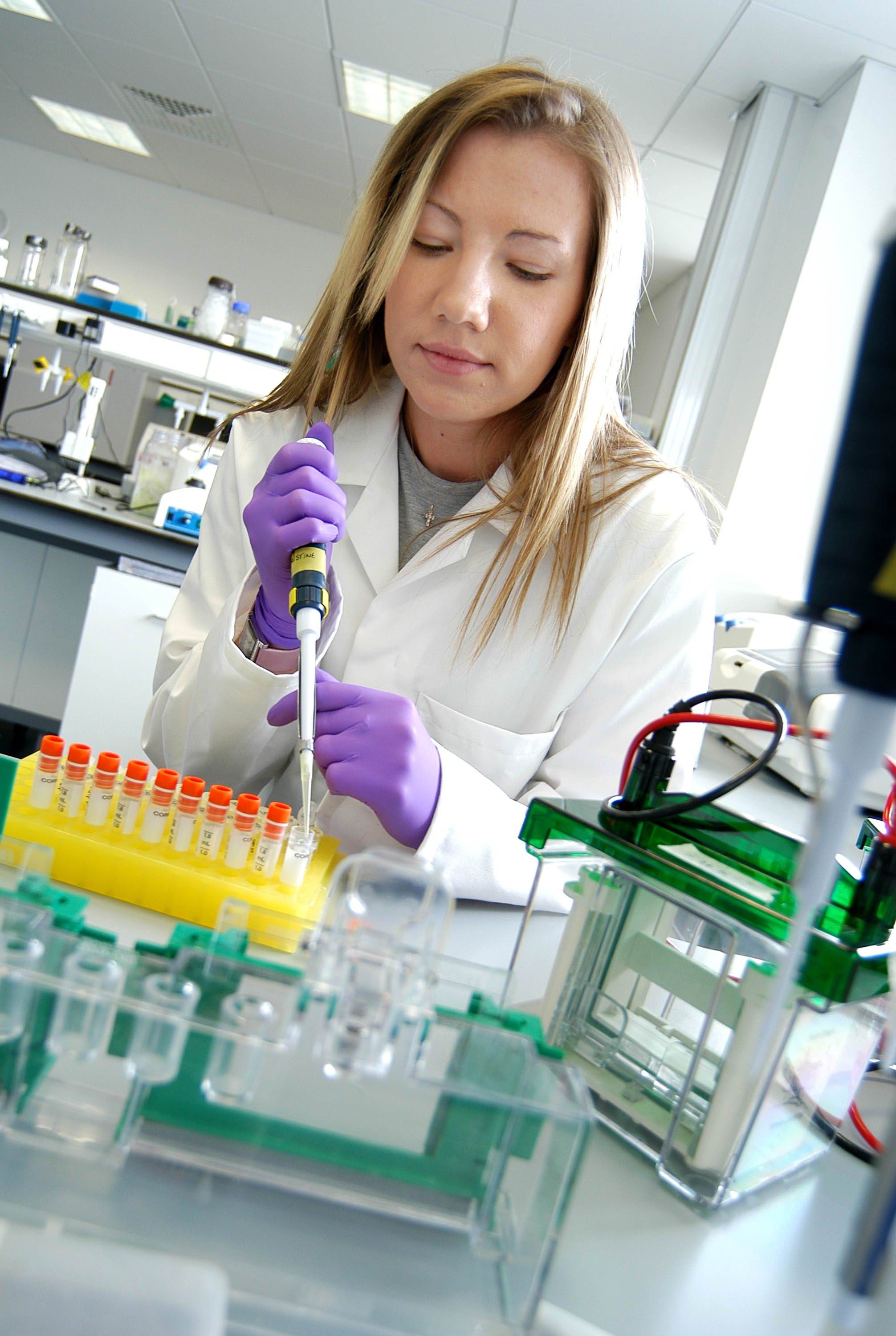£13 million award backs world-class research supporting Midlands’ bioeconomy
 Three of the Midlands’ leading universities have been awarded £13 Million for a “Doctoral Training Partnership” to provide research training to support the Midlands bioeconomy.
Three of the Midlands’ leading universities have been awarded £13 Million for a “Doctoral Training Partnership” to provide research training to support the Midlands bioeconomy.
The Partnership, led by University of Warwick, together with the University of Birmingham, and the University of Leicester, has received the award for their Midlands Integrative Biosciences Training Partnership (MIBTP) which will train an additional 260 PhD research students over the next 5 years (130 will be funded directly by the BBSRC and 130 by matched-funding from the three universities).
Business Secretary Vince Cable said:
“The UK punches far beyond its weight in science and innovation globally, which is a credit to our talented scientists and first-class universities.
“This new funding will safeguard Britain’s status as a world leader in life sciences and agricultural technology.”
Warwick’s Vice-Chancellor Professor Nigel Thrift said:
“This award will help all three universities train the researchers the bioeconomy will need to help crack some of the most challenging issues we face: agriculture must produce more food using less water, land, energy and other inputs, whilst reducing waste and environmental impacts; Industrial biotechnology must provide renewable energy, materials and industrial chemicals; and research into the ageing process and how our bodies work is needed to increase the ability of individuals to lead healthier lives, reduce the building pressure on our healthcare system.”
Dr Celia Caulcott, BBSRC Executive Director, Innovation and Skills said:
“Bioscience is having a massive impact on many aspects of our lives. BBSRC is paving the way for an explosion in new economic sectors and bioscience that will change the way we live our lives in the twenty-first century. To achieve this we need to maintain our leading position in global bioscience by ensuring that the next generation of scientists have the best training and skills. This next generation of scientists are our future and we must invest in them now.”
The MIBTP partners have overlapping and unique areas of research expertise creating an environment not possible with one institution alone:-
Warwick’s contribution brings together its School of Life Sciences, Warwick Medical School, its Department of Chemistry and Systems Biology. Warwick has a distinctive record for pioneering and fostering interdisciplinary research training and has been very successful at embedding state-of-the-art biology with physical and mathematical sciences to create novel synergies. In addition, the School of Life Sciences at Warwick has great strength in food security where studies range from systems biology to agronomy, farm animal health and wellbeing.
Birmingham contributes strengths and depth in industrial biotechnology (focused on the Centre for Biochemical Engineering including the Food Technology group), and microbiology (the Institute for Microbiology and Infection) as well as the application of data-rich methodologies such as metabolomics (Birmingham is the NERC Centre for Metabolomics), proteomics, high throughput sequencing and quantitative imaging.
Leicester has particular strengths in gene expression, structural biology, genome dynamics, cell signalling, neuroscience and hosts the MRC Toxicology Unit, the UK’s foremost centre for research into the molecular basis of responses to external molecules. New investments such as the Centre for Genetic Architecture of Complex Traits (GATC) and the Centre for System Neuroscience highlight Leicester’s commitment to new ways of working in the biosciences.
Notes to editors
For more information please contact Peter Dunn, Director of Press and Policy, University of Warwick, p.j.dunn@warwick.ac.uk, 024 7652 3708, 07767 655860
3rd October 2014

